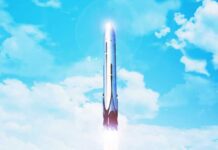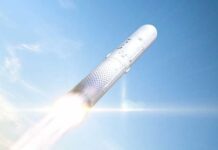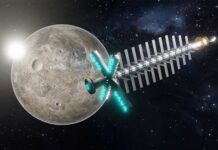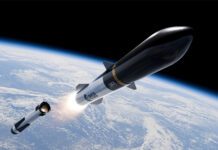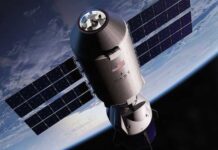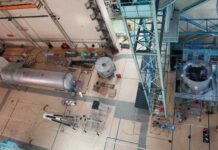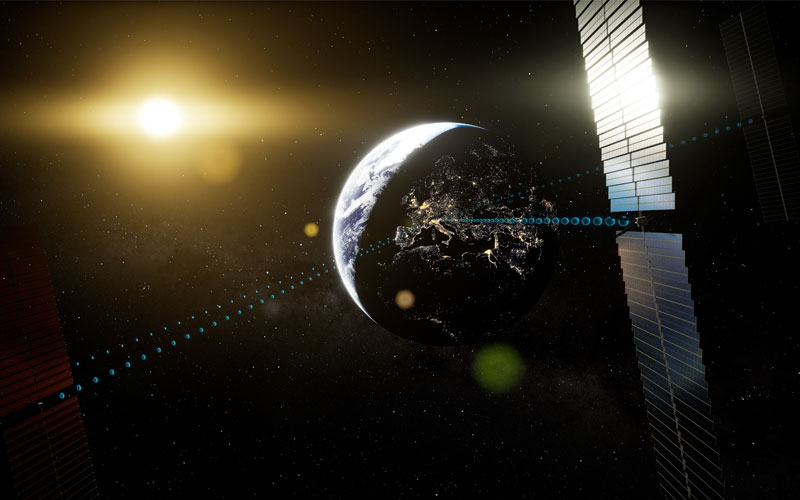
The European Space Agency has published a €3 million call to industry to begin the development of in-space assembly capabilities that the agency will need if it chooses to pursue the development of space-based solar power systems.
With SOLARIS, ESA hopes to, through a limited initial investment, mature the technical feasibility and access the benefits, implementation options, commercial opportunities, and risks of space-based solar power as a means to accelerate terrestrial energy decarbonization. The initiative will be used to prepare the ground for a possible decision on a full development programme at the ESA ministerial meeting in late 2025. Funding for the preparatory initiative was approved at the ESA ministerial council meeting in November 2022.
In April 2023 ESA awarded two parallel concept studies for commercial-scale space-based solar power planets. The two contracts were awarded to Arthur D Little and Thales Alenia Space Italy, with the studies being completed by the end of 2023. Teams working on the studies took a “blank sheet approach” and were encouraged to consider a wide range of options as possible.
On 5 April, ESA announced that it had published a new call as part of its SOLARIS programme. This call is specifically aimed at maturing one of the most crucial technologies required for the construction and maintenance of space-based solar systems: in-space robotic assembly capabilities.
According to the announcement, the call “relates to the development of robotic methods, fasteners, and tools for in-space assembly of the large structures needed for space-based solar power.” Successful bidders will receive a €3 million contract to pursue the maturation of the technology.

